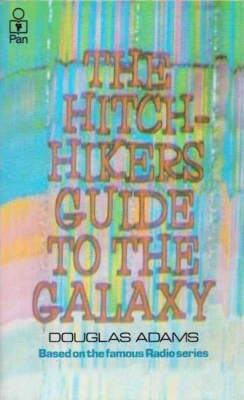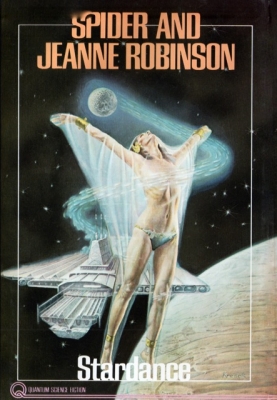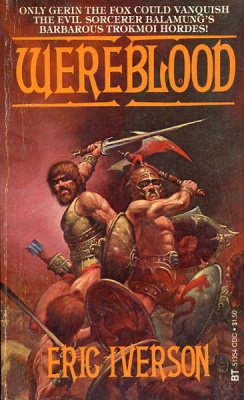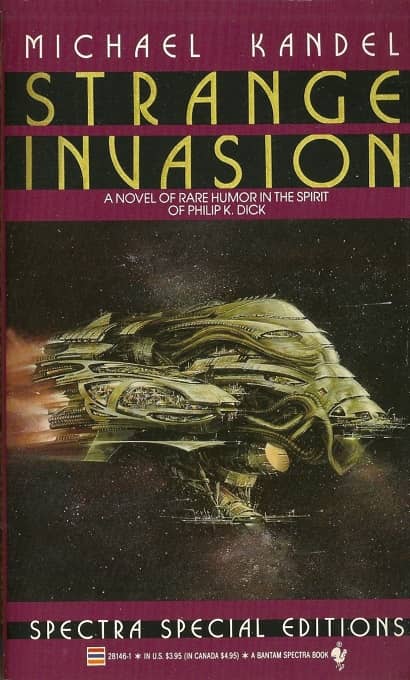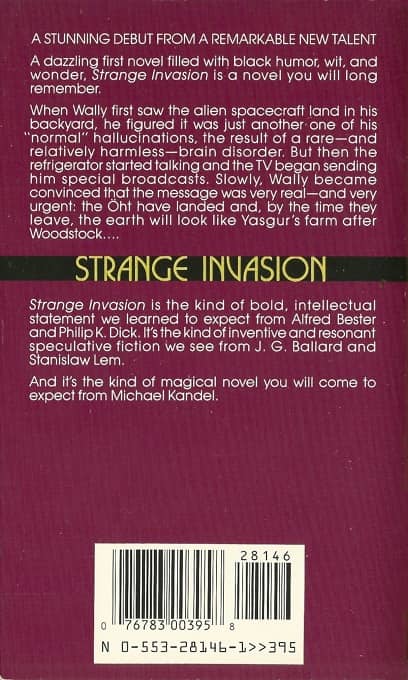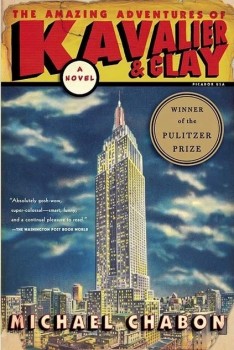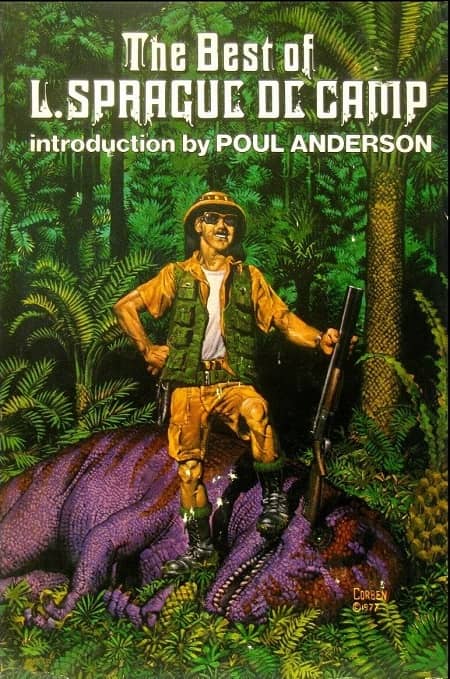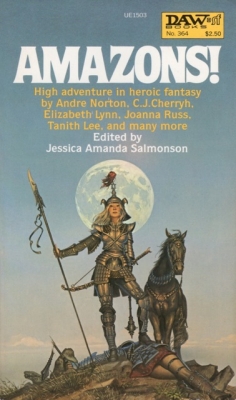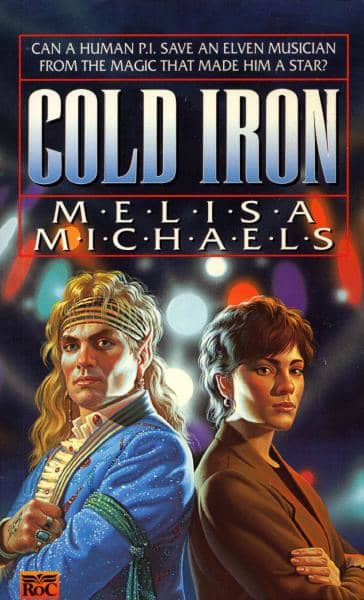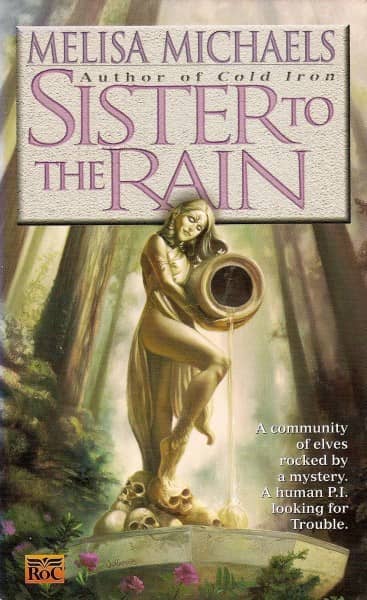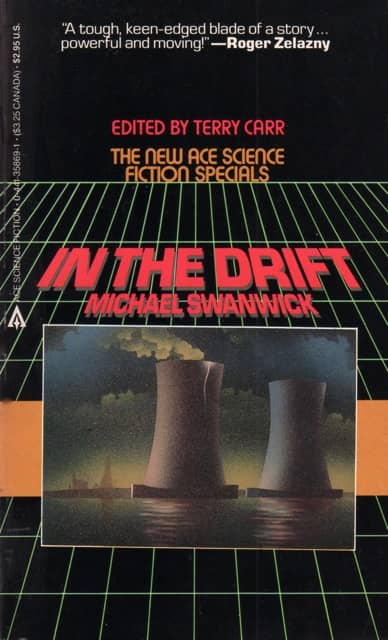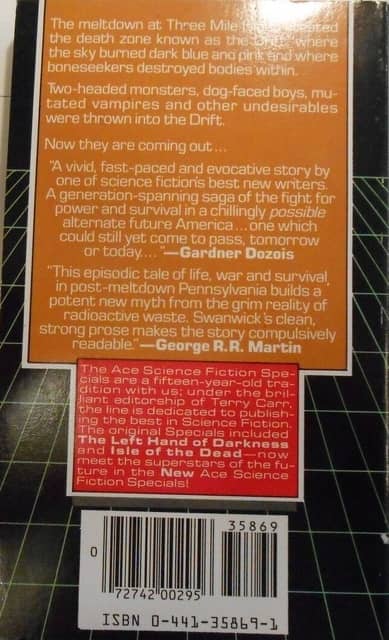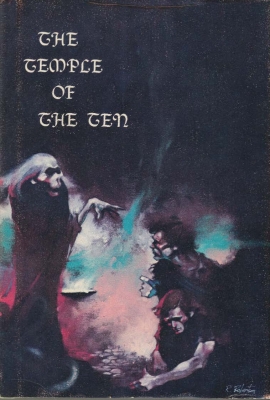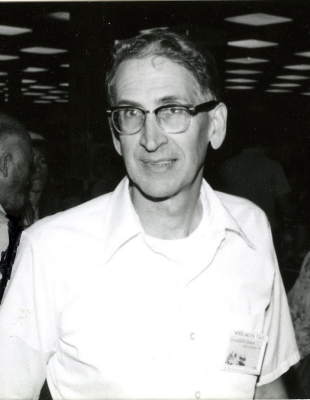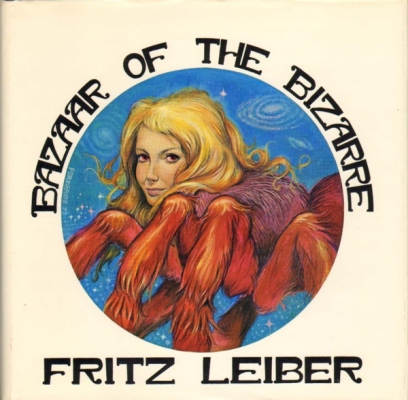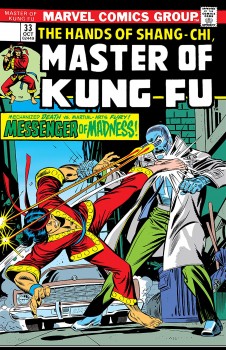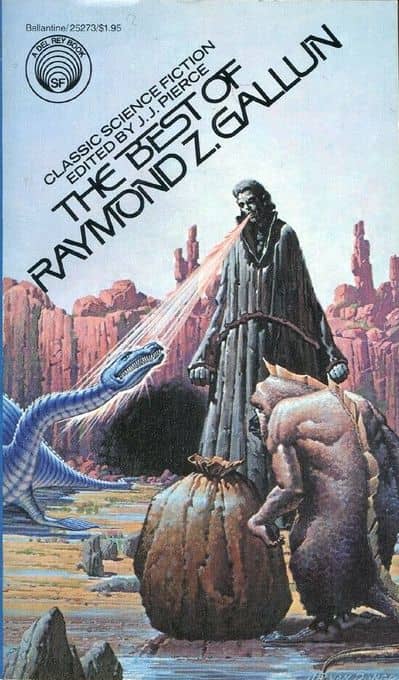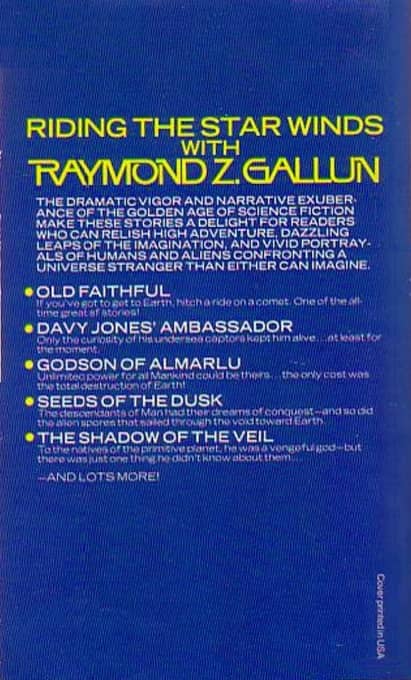The Golden Age of Science Fiction: Debut Novels
Taking a break from award winners, several authors published their first novels in 1979. Some of these authors had previously published short stories and one notable one was active in radio and television and wound up winning several awards for work done in 1979 (Douglas Adams). Here is a look at some of the debut novels of 1979.
Perhaps the biggest splash for a debut novel in 1979 was Douglas Adams’s The Hitchhiker’s Guide to the Galaxy, although it was really a novelization and abridged version of his radio show of the same title, which had previously aired in 1978. The novel, of course, sparked a series of five novels by Adams, plus one more by Eoin Colfer, and adaptations for stage, television, screen, and upcoming, a streaming service. A satire on the tropes of science fiction, the absurdity of the situations and responses in the books hit a nerve with the public and have expanded beyond the genre, with people who haven’t read science fiction at least recognizing that the number 42 is a cultural touchstone.
